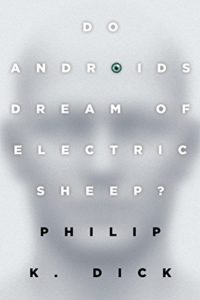
Ridley Scott‘s film Blade Runner is regarded as one of the most outstanding science fiction movies ever made. The film was released decades ago, in 1982. Google its title, and you’re likely to come across the following description: “Deckard (Harrison Ford) is forced by the police Boss (M. Emmett Walsh) to continue his old job as Replicant Hunter. His assignment: eliminate four escaped Replicants from the colonies who have returned to Earth.
Estimated reading time: 4 minutes
Before starting the job, Deckard goes to the Tyrell Corporation and he meets Rachel (Sean Young), a Replicant girl he falls in love with.” The film was ostensibly based on Philip K. Dick’s novel, Do Androids Dream of Electric Sheep? Unfortunately, that description—and, if memory serves, the film itself—bear little resemblance to the novel. It might be better to say that the book “inspired” the film.
The setting and many other details are different from the novel’s
As Philip Dick wrote the tale, the setting is San Francisco, not Los Angeles. It’s 2021. Following a devastating nuclear war, World War Terminus, the planet was blanketed with radioactive dust. Most of the population has either died or emigrated to the colonies, so there are no crowded street scenes like those in the film. (“[F]or this day and age a one-half occupied conapt building rated high in the scheme of population density; out in what had been before the war the suburbs, one could find buildings entirely empty . . .”)
Animals as well as humans have perished in enormous numbers, with most familiar species now extinct. Originally by law, but now by custom and peer pressure, practically every surviving human owns and maintains an animal at home; in most people’s lives, living animals represent their most treasured possession. Those in the lower income brackets must be satisfied with fake animals like the “electric” sheep that Rick Deckard and his wife Iran maintain on the roof of their apartment building. Hence the reference to sheep in the book’s title.
Do Androids Dream of Electric Sheep? by Philip K. Dick ★★★☆☆
Did Ridley Scott base his film “Blade Runner” on this novel?
Rick and Iran’s home features three devices that are nearly universal in most people’s lives: a “Penfield artificial brain stimulator” that enables them to change their mood at the touch of a dial; a TV set that broadcasts a comedian’s talk show 23 hours a day, seven days a week, without ever repeating a minute of showtime; and an “empathy box” that allows anyone who grasps its handles to “fuse” with a deity named Wilbur Mercer who bears a striking resemblance both to Sisyphus and Jesus.
Deckard is a bounty hunter working for the San Francisco Police Department. His job is to “retire” (kill) androids (not Replicants) who have come to Earth from the Mars colony, where they were relegated to work as servants and menial laborers. As he sets out on a dreaded assignment to retire five androids (“andys”), Deckard’s first stop is in Seattle at the Rosen Association (not the Tyrell Corporation), manufacturers (on Mars) of the advanced new Nexus-6 androids. There he meets Rachael (not Rachel) Rosen. Yes, she soon proves to be an android herself, but Deckard doesn’t fall in love with her.
Dick’s novel manifests the paranoia that afflicted the author himself. (He was reportedly diagnosed as a paranoid schizophrenic.) Like many of his other novels, though far more so than some, the story devolves into abject confusion. Blade Runner was a sci-fi adventure film. There is action and suspense in Do Androids Dream of Electric Sheep?, but Dick appears to have been preoccupied with isolating the difference between androids and human beings and with the spiritual questions posed by the faith called Mercerism. In the end, I was baffled by the novel. The conclusion left me feeling empty.
I enjoyed the film a lot more.
For related reading
For more good reading, check out:
- These novels won both Hugo and Nebula Awards
- The ultimate guide to the all-time best science fiction novels
- 10 top science fiction novels
- The top 10 dystopian novels
- Ten new science fiction authors worth reading now
And you can always find my most popular reviews, and the most recent ones, on the Home Page.

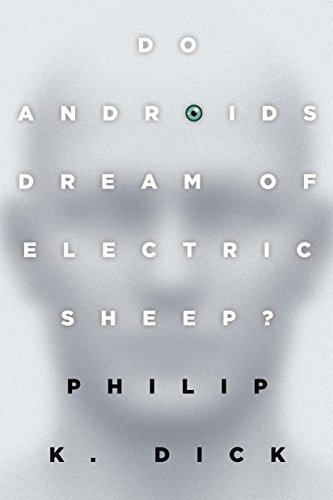
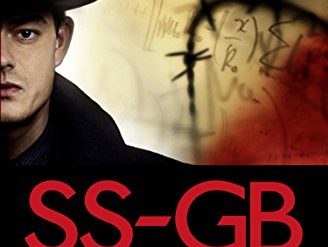
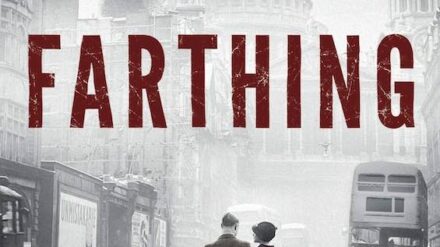
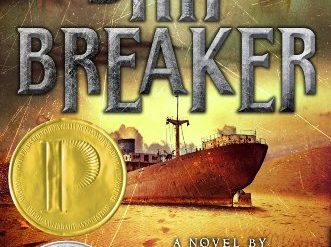
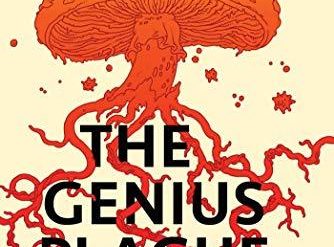






















Mal– I recently read MINORITY REPORT and had the same take. The film was so much better than the book.